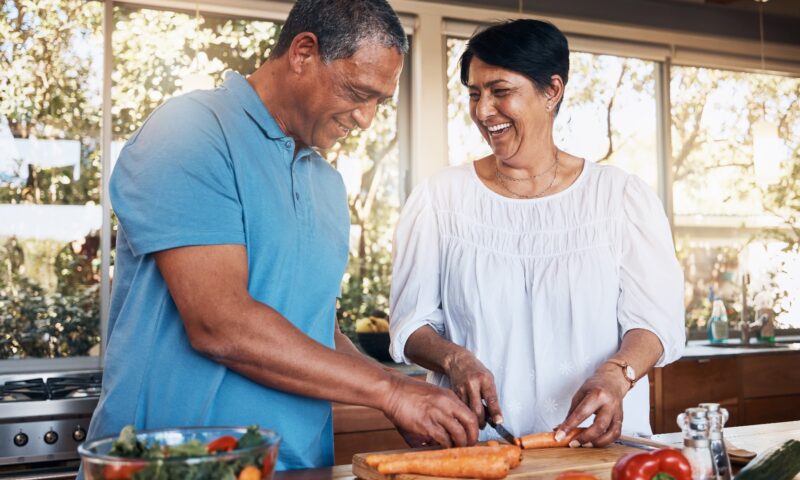‘Gray divorces’ on the rise
The number of older Americans living alone is on the rise. Nearly 16 million people 65 and older in the U.S. lived solo as recently as 2022, three times as many who lived alone in that age group in the 1960s. And as Baby Boomers age, that number is expected to grow even more, in large part because so-called “gray divorce” is on the rise.
According to the National Center for Family and Marriage Research, between 1990 and 2017, the divorce rate nearly tripled (from 4 to 11 per 1,000 individuals) for women 55 to 64 years old and nearly doubled for men in the same age group. The divorce rate for women 65 and older increased sixfold (1 to 6 per 1,000), and the divorce rate for men almost tripled to 2 to 5 per 1,000.
Jacqueline Newman, a divorce attorney and author of the book “The New Rules Of Divorce: 12 Secrets to Protecting Your Wealth, Health, and Happiness,” has this advice for older couples facing a “gray divorce:”
“The first thing I tell clients is that once you have decided you want to divorce–and that is the very first question you need to answer before moving forward–then the next steps are to become as educated as possible. Having an initial consultation with an attorney may be appropriate because you want to better understand the divorce landscape.
“Often, I find that once I explain to a client what a divorce looks like and costs, that person may even change their mind and conclude their spouse isn’t that bad.
“If you are the spouse who has not historically been involved with the family money and are in the financial dark, then it’s important that you learn as much as possible about the family finances–hether this means getting a copy of the tax returns, taking pictures of bank statements or having a frank conversation with your spouse about what your family assets, liabilities, income and expenses are.
“No matter what your age, it’s important to consider the emotional as well as the financial factors to make sure you are making the right decision to split with your spouse.”
Source: Jacqueline Newman, a New York City-based divorce lawyer who has appeared on television as an expert commentator.

